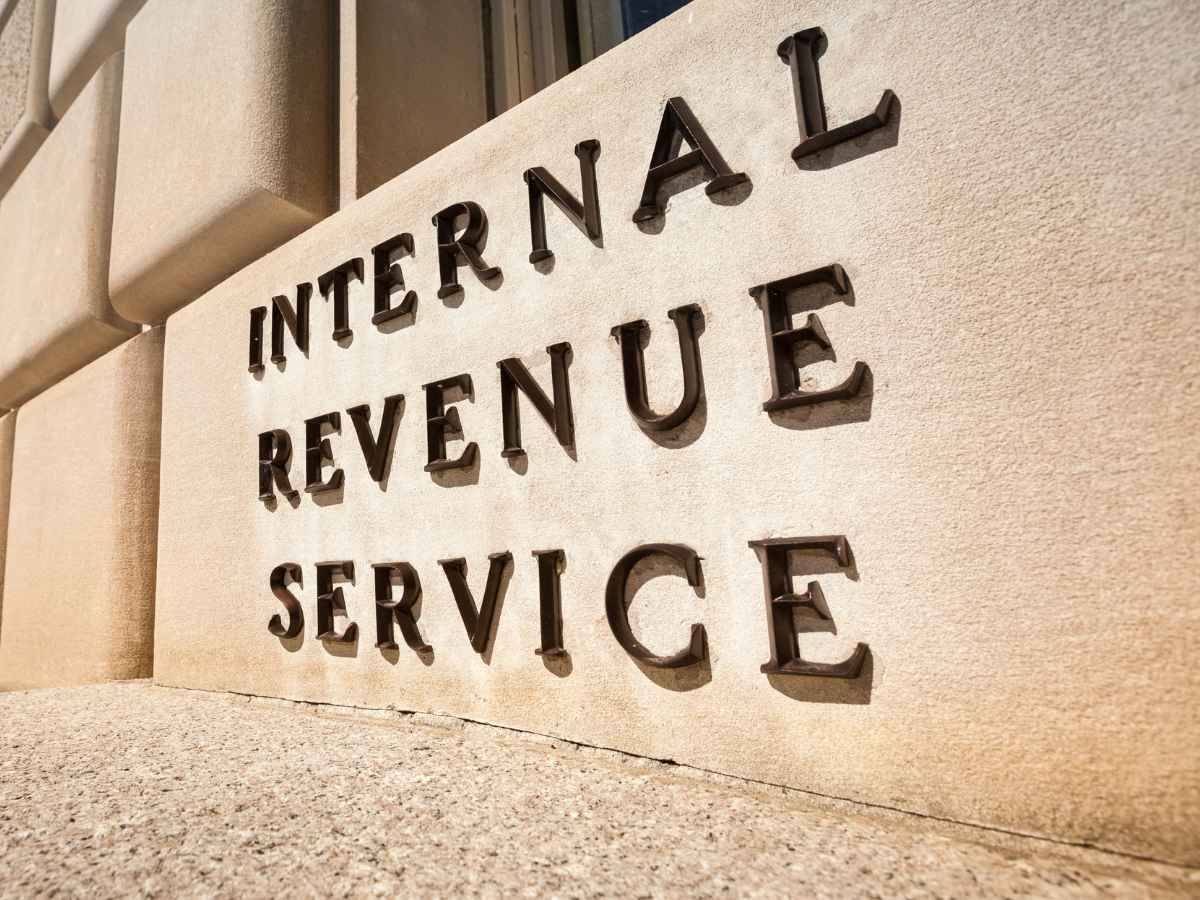The April 15 deadline has passed, but millions of taxpayers still have important steps to take before the end of 2025
It’s true: the doors to the IRS don’t close once tax season ends. And for many Americans, April 15 is just the beginning. Whether you filed your return on time, asked for an extension, or are still waiting for your refund, the months after the deadline matter more than people think.
The IRS reminds taxpayers that most refunds are issued within 21 days, though this timeline can stretch if your return includes errors or needs further review. The official “Where’s My Refund?” tool lets you track the progress using your Social Security number, filing status, and the exact refund amount. It’s one of the most visited pages on the IRS website for a reason.
If you asked for an extension, take note: the extra time applies only to the paperwork, not to your payment. Interest and penalties have been accumulating since April 15 if taxes were owed but unpaid. The final deadline to submit your extended return is October 15, 2025.
Planning ahead saves more than money
With tax season behind, now is the ideal moment to prepare for next year. Mark your calendar:
- June 15 – Second estimated tax payment for self-employed workers and those without regular withholdings.
- September 15 – Third estimated payment.
- October 15 – Final deadline for those who requested an extension.
- December 31 – Last day to make changes that will count toward your 2025 return.
Reviewing your W-4 form, especially after a job change or major life event, can prevent next year’s surprises. If you’re unsure, the IRS Tax Withholding Estimator can help determine if your current setup is right.
Not just numbers—real savings
There’s more: those who plan early often unlock tax credits they didn’t know existed. Education expenses, child care costs, and energy-saving home improvements can all lower your future tax bill. Keeping receipts and updating your deductions list throughout the year can make a noticeable difference next April.
The bottom line is this: while tax season may officially be over, responsible tax planning doesn’t take a break. Staying ahead now means less stress, fewer penalties, and possibly a bigger refund when next year rolls around.

